Cookies
We serve cookies on this site to analyse traffic and optimise your experience.
Description:
The iconic Braun CSV 13 amplifier has been design by legendary designer Dieter Rams in the years 1961 in Germany.
It marks Braun's first HiFi quality amplifier! This particular example is in great outer condition with very minor signs of use and has been revised and tested. Fully functional and operational.
Braun described its devices in the brochures as follows: The CSV 13 allows an unusually sensitive adjustment, music lovers know them therefore particularly appreciate. It satisfies them to be able to get the last bit of perfection out of a performance and to produce a balanced sound image under all circumstances. Monophonic or stereophonic turntables, tape recorders, radio receivers (tuners) and microphones can be connected to the inputs of the control amplifier. The tape connection is also an output for "recording" when one of the other inputs is being recorded. A rotary switch selects the desired operating mode, for record playback at the same time unfiltered (broadband) playback or - for suppression of noise with old and played records - the addition of treble filters of different "strength".
Technical features: Output 2 x 12 watts / Tube amplifier system.
Dimensions: L 34 x W 40 x H 12 cm
Weight: 12 kg
Item No: 30150
Designed by Dieter Rams
Dieter Rams is a German industrial designer born in 1932. His name is closely associated with the consumer products company Braun, the furniture company Vitsœ, and the functionalist school of industrial design. His unobtrusive approach and belief in "Less, but better" design generated a timeless quality in his products and have influenced the design of many products, which also secured Rams worldwide recognition and appreciation. Dieter Rams started his architecture and interior decoration studies in 1947 at the Wiesbaden Art Academy, which is now part of the Rhein Main University of Applied Sciences. A year later, in 1948, he took a break from his studies, gained practical experience and completed his carpentry apprenticeship. He returned to the Wiesbaden Art Academy in 1948 and graduated with honors in 1953, after which he started working for the Frankfurt architect Otto Appel. In 1955, he was hired by Braun as an architect and interior designer. In 1961, he became Braun's design director and served until 1995.

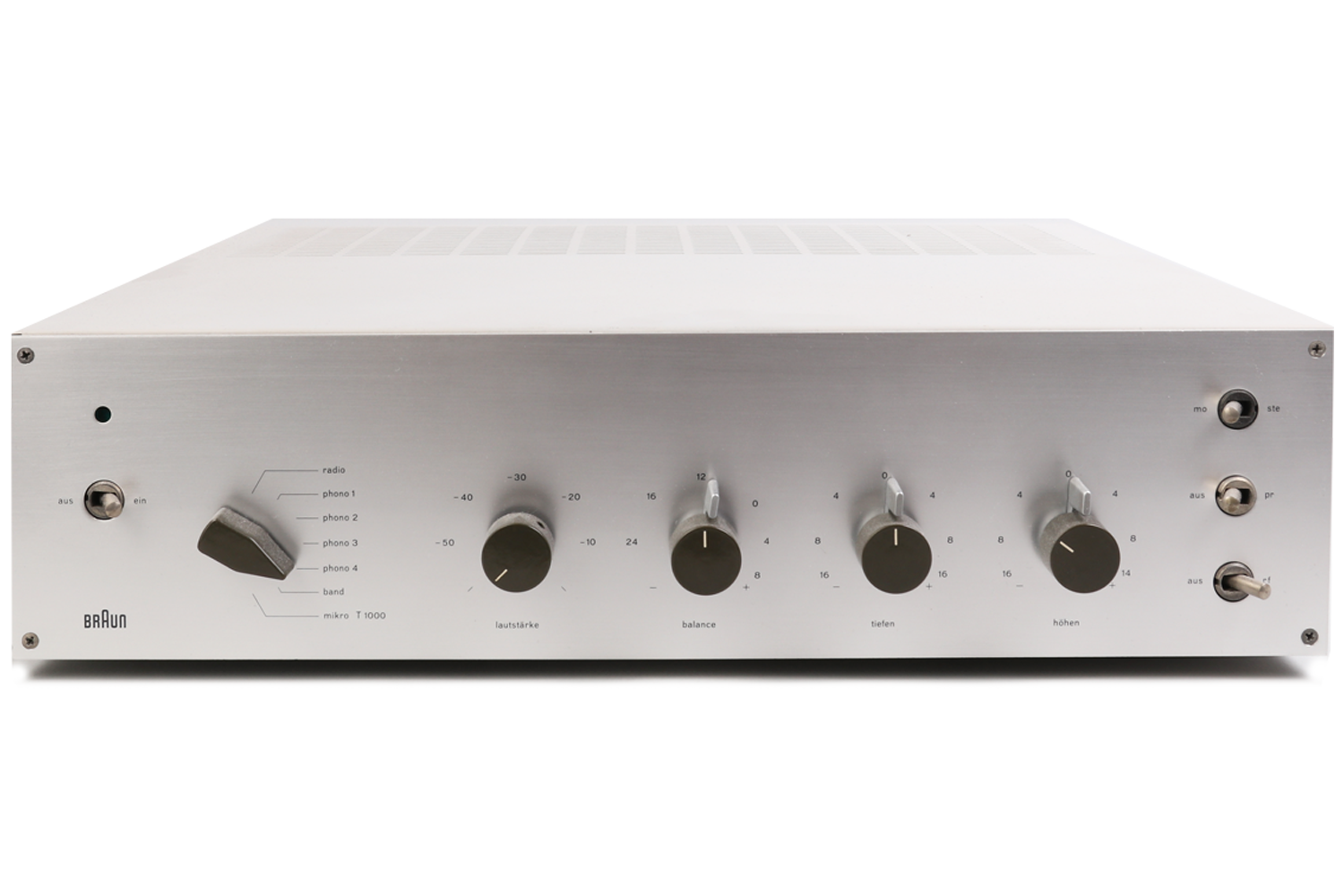


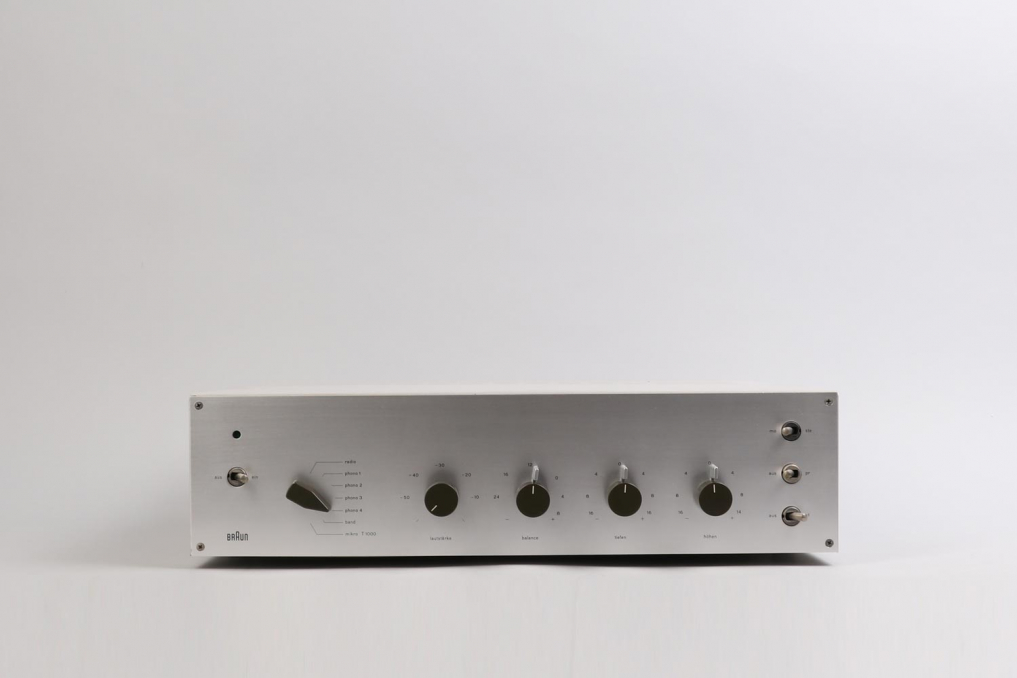
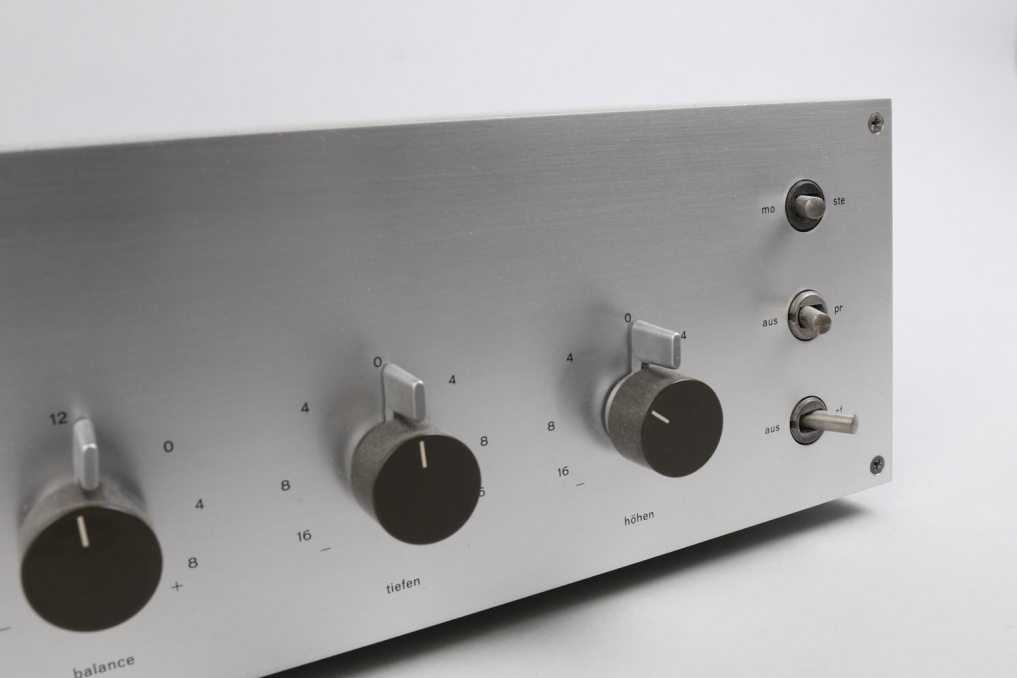


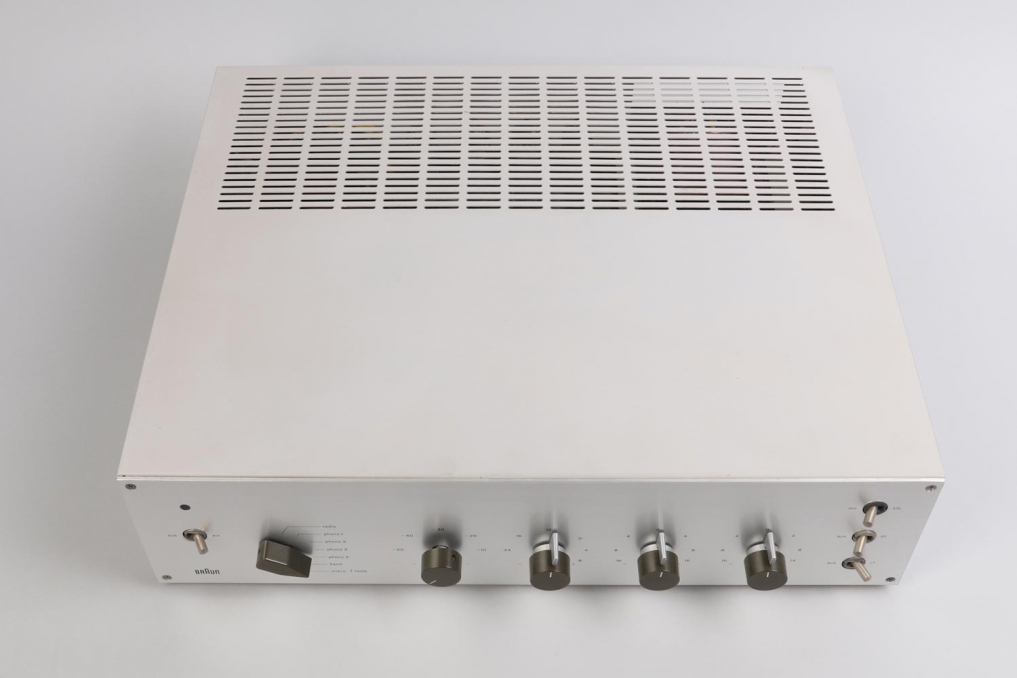
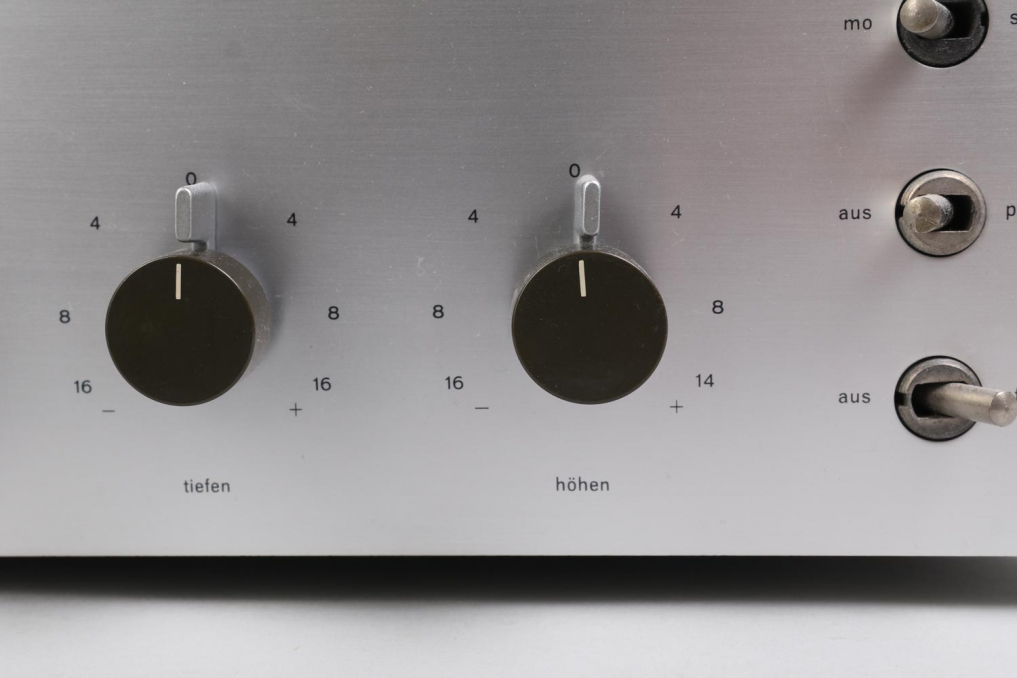


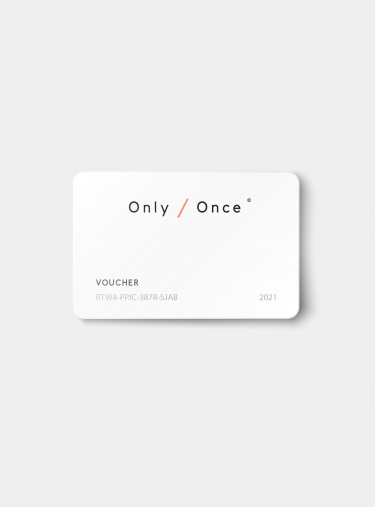 Only / Once voucher
Only / Once voucher
 Elac PR 80 radio
Elac PR 80 radio
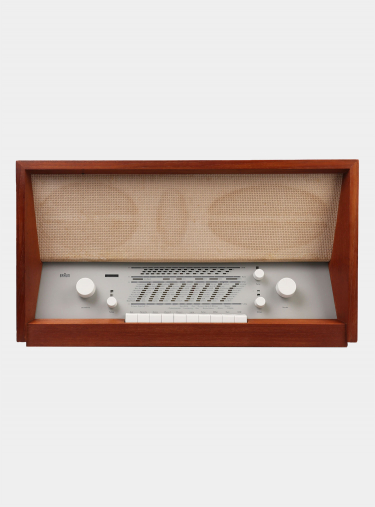 Braun TS 31
Braun TS 31
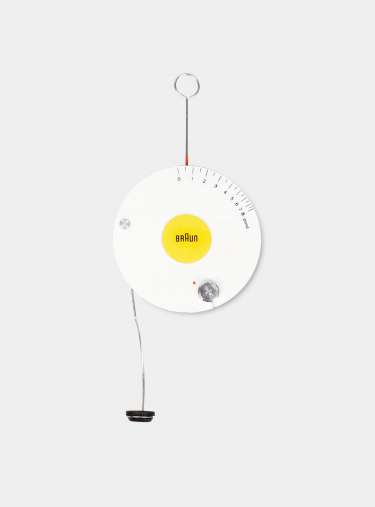 Braun Tonarmwaage
Braun Tonarmwaage
